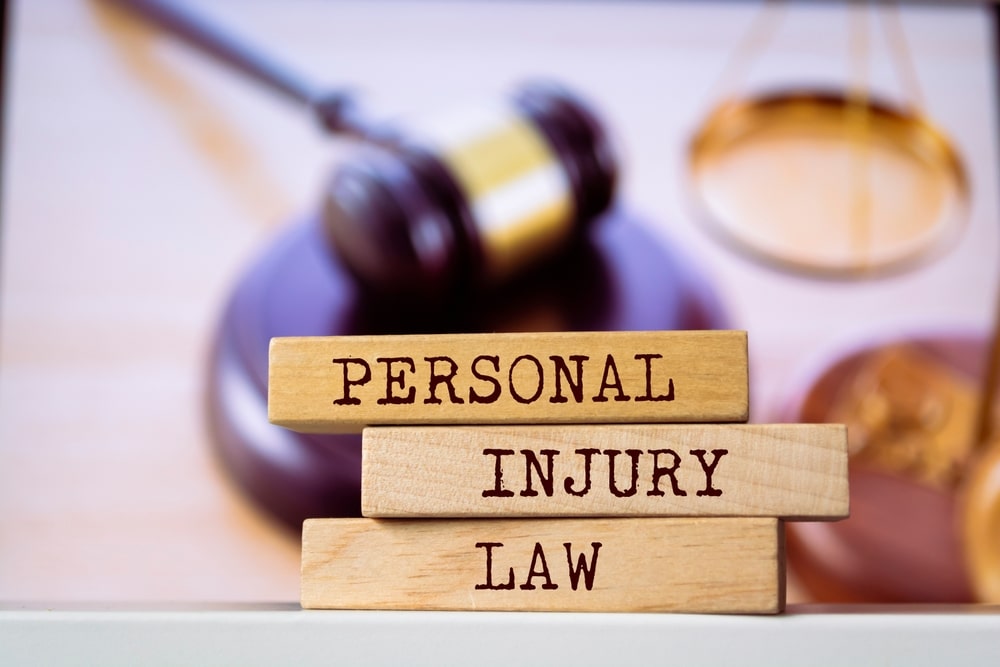January 24, 2024
Why is it Important to Make Sure a Police Report is Properly Filed After a Collision? Understanding the Legal and Insurance Implications
After a collision, filing a proper police report is a crucial step. This report is a formal documentation of the event, providing an impartial account of the incident from the law enforcement perspective. It often includes vital details such as the date, time, and location of the collision, as well as the parties involved and any witnesses’ statements. The information contained in the report is pivotal for insurance companies during claim proceedings to determine liability and coverage.
In legal terms, a police report serves as a valuable piece of evidence, especially if the collision leads to disputes or court proceedings. It can help establish facts and may reduce the likelihood of fraudulent claims. As such, ensuring the accuracy and completeness of the report is in the best interest of all parties involved. Adjusters and attorneys frequently rely on these reports to understand the sequence of events, which can influence the resolution of claims and legal cases. If you’ve been injured in a collision, a Nashville personal injury attorney can help you use the police report to strengthen your case and seek the compensation you deserve.
Moreover, police reports can play a significant role in improving public safety. Traffic authorities use the collected data to analyze patterns in collisions and identify troublesome areas or intersections. This analysis can lead to measures that help prevent future accidents, such as improved road signs, traffic signals, or enforcement policies. Therefore, the importance of a properly filed police report extends beyond the immediate aftermath of the collision, contributing to road safety initiatives and community welfare.
Legal Implications
A properly filed police report is a fundamental document in the context of legal proceedings following a collision. It serves as an official record that can have significant implications for all parties involved.
Accuracy in Legal Proceedings
The police report’s accuracy is critical as it provides an objective record of facts during legal disputes. It’s often relied upon by judges and juries to establish the events that took place at the scene of the collision.
Protection Against Liability
A comprehensive police report can protect individuals from incorrect liability claims. It serves as a point of reference and can be used to corroborate evidence or testimonies, potentially influencing the court’s determination of fault.
Ensuring Transparency
Transparency is maintained when a detailed police report is available. It contains unbiased accounts, including witness statements and an officer’s observations, which helps ensure fairness in insurance and legal processes.
Financial Consequences
A properly filed police report is vital for accurately documenting a collision and its consequent financial obligations. This precision aids in the smooth processing of insurance claims and unequivocally establishes the parties liable for damages.
Insurance Claims Processing
When an insurance company assesses a collision claim, the police report serves as a critical piece of evidence. This document contains essential details such as the time, location, and parties involved in the accident. Insurers rely on these specifics to:
- Verify the validity of a claim
- Assess coverage: Investigate whether the policyholder’s coverage applies
- Assign responsibility: Help determine which party’s insurance covers the damages
Efficient processing of claims relies heavily on the clarity and accuracy of the information presented in the police report.
Determining Fault and Financial Responsibility
Assigning fault is a fundamental component in resolving which party bears the financial responsibility for a collision. Key information within a police report can include:
- Witness statements
- Officer’s observations
- Driver narratives and contributory negligence
From these data points, insurers and courts can determine who is at fault and responsible for covering:
| Damages | Responsible Party |
|---|---|
| Vehicle repairs | At-fault driver’s insurer |
| Medical expenses | At-fault driver’s insurer |
| Other associated costs | At-fault driver or insurer |
Ultimately, a detailed police report is instrumental in safeguarding the interests of all parties financially affected by a collision.
Public Record and Accountability
Properly filed police reports serve as a pivotal resource for public record, ensuring transparency and maintaining a system of accountability for all parties involved.
Documentation for Public Safety
Police reports provide essential data that can be analyzed to improve public safety measures. The specifics of an incident, such as the time, location, and cause of a collision, are used to:
- Identify hazardous driving areas.
- Inform future traffic regulations.
- Develop preventative road safety programs.
Historical Reference
These reports also act as a historical ledger, offering insight into patterns over time. They are critically important for:
- Legal precedents: Serving as reference points for similar future incidents.
- Infrastructural improvements: Highlighting recurrent problems that need addressing.
- Research: Allowing for academic and professional study of traffic trends and safety solutions.
Personal Record and Future Reference
A diligently filed police report provides a factual basis for personal records and is pivotal for any related proceedings following a collision.
Evidence for Civil Litigation
When individuals pursue compensation for damages sustained in a collision, the police report serves as a crucial piece of evidence. It contains details about the incident such as the date, time, location, and involved parties, which are indispensable in establishing the facts in a court of law.
Dispute Resolution
In case of disagreements between the parties involved regarding the events of the collision, a police report acts as a neutral account. This report can significantly aid in resolving disputes related to fault and liability, contributing to a fair outcome without the need for further legal action.




